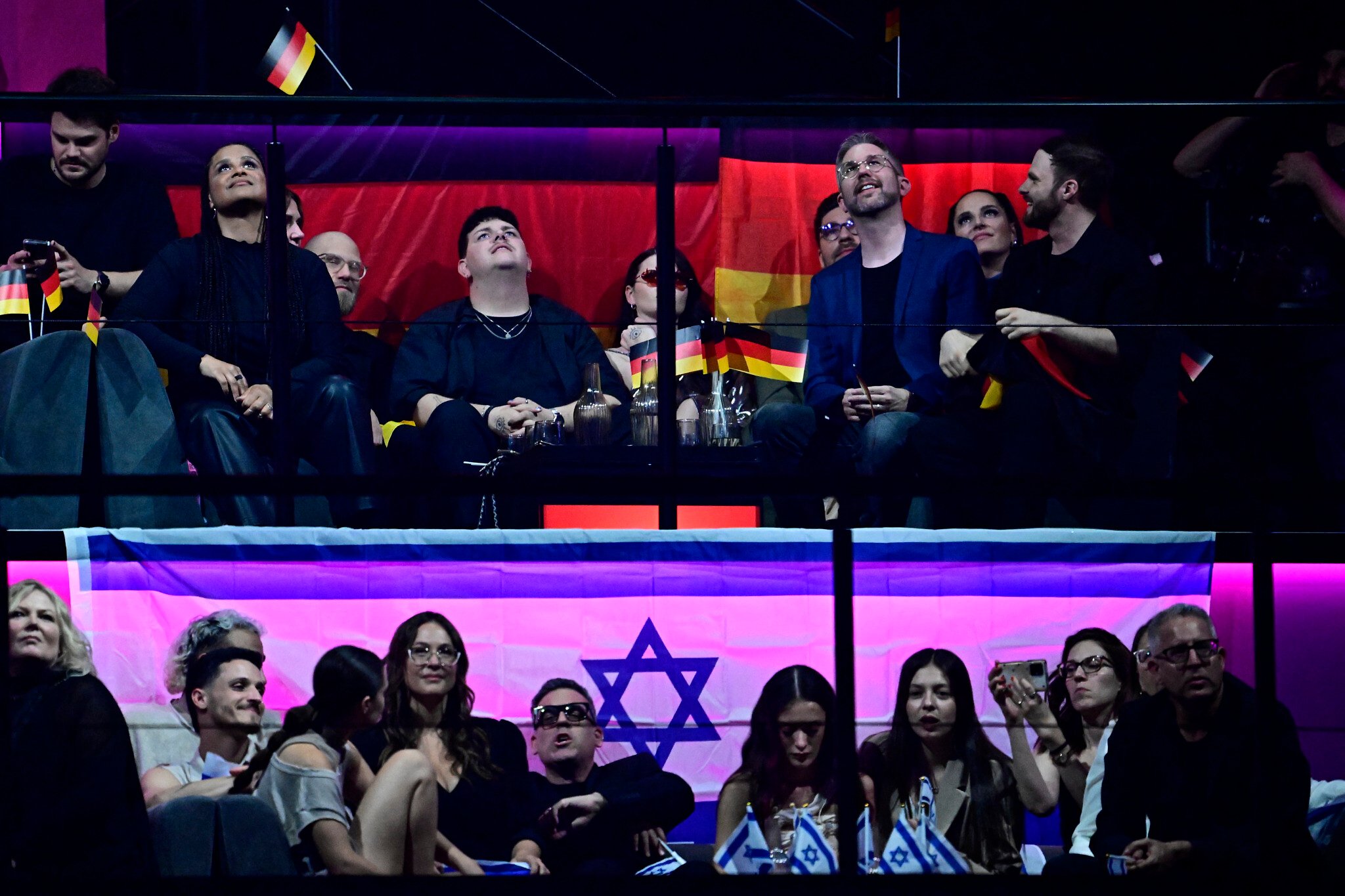


BERLIN — Germany’s culture minister on Saturday slammed threats by several European countries to boycott next year’s Eurovision song contest if Israel takes part as a move that politicizes a cultural event.
Spain said this week it would boycott the world’s largest live televised music event in May 2026 if Israel participates, and Ireland, Slovenia, Iceland and the Netherlands have made similar threats.
“Eurovision was founded to bring nations together through music. Excluding Israel today goes against this fundamental idea and turns a celebration of understanding between peoples into a tribunal,” said Wolfram Weimer in a statement.
“It’s precisely because Eurovision was born on the ruins of war that it should not become a scene of exclusion,” he added.
“Eurovision is based on the principle that artists are judged on their art and not on their nationality. The culture of cancellation is not the solution — the solution is diversity and cohesion,” Weimer said.
Austria, which is hosting the next Eurovision, expressed regret on Friday over the threats. A senior Austrian official denounced cultural boycotts as “dumb and pointless.”
Austrian Foreign Minister Beate Meinl-Reisinger wrote to colleagues in the boycotting countries on Friday, saying she was concerned about boycotts creating division and not improving the situation in Gaza.
“As foreign minister of the host country, I am deeply concerned about the risk of a rift between the members of the European Broadcasting Union on this issue,” she wrote in the letter that was seen by Reuters.
“Such a rift would only deepen the discord and preclude opportunities for important dialogue between artists and the public – without improving the situation on the ground in Israel and Gaza,” Meinl-Reisinger added.
Although conflict and humanitarian suffering could not be ignored, Eurovision was not a suitable arena for sanctions, she wrote.
“Excluding Israel from the Eurovision Song Contest or boycotting the event would neither alleviate the humanitarian crisis in Gaza nor contribute to a sustainable political solution,” Meinl-Reisinger wrote.
Other countries, such as Belgium, Sweden, and Finland, are also considering a boycott and have until December to decide.
The European Broadcasting Union, the organizer of Eurovision, is set to decide whether Israel will take part in the 2026 edition at its general assembly in December.
This year’s edition in Basel, Switzerland, drew in 166 million viewers across 37 countries.
Pro-Palestinian, anti-Israel activists protested in Malmo, Sweden, in 2024 and in Basel in May over Israel’s participation amid its devastating offensive in Gaza.
Despite the war and antagonism from some of the other contestants, Israel’s Yuval Raphael finished in second place overall at the 2025 contest in Basel, Switzerland, and first in the public vote, as Austria’s JJ took the overall win at the annual competition. Raphael received the most points from the public, 297, out of any of the 26 finalists, but was only 14th place in the professional jury vote, landing Israel with a second-place finish.
The ongoing war against Hamas has leveled much of the Strip and left much of the population in a dire humanitarian situation, with Palestinian officials reporting more than 65,000 dead. The numbers do not differentiate between civilians and combatants.
Recent weeks have seen mounting calls for cultural and sporting boycotts against Israel.
Times of Israel Staff contributed to this report.

